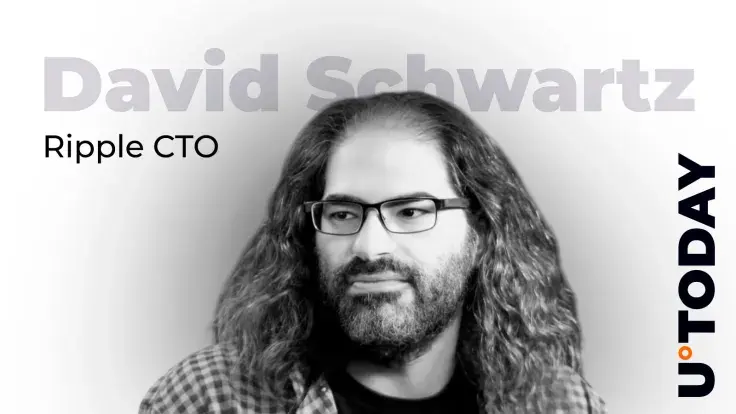
Disclaimer: The opinions expressed by our writers are their own and do not represent the views of U.Today. The financial and market information provided on U.Today is intended for informational purposes only. U.Today is not liable for any financial losses incurred while trading cryptocurrencies. Conduct your own research by contacting financial experts before making any investment decisions. We believe that all content is accurate as of the date of publication, but certain offers mentioned may no longer be available.
Ripple CTO David Schwartz has recently addressed a misconception about XRP Ledger's UNL. A unique node list (UNL) refers to a server's list of trusted validators.
An X user said in a tweet that he was unable to change trusted validators in his public XRP-GUI wallet, indicating that he was looking to use a UNL outside that provided by Ripple. He also posed the question, "99% of the population is reliant on the UNL that Ripple publishes, what is stopping them from manipulating the UNL?"
This tweet attracted a response from Ripple CTO David Schwartz, who clarified the essence of UNL to the XRPL network. Schwartz responded that UNL affects the way the network makes forward progress, and wallets also observe this, answering the X user's question of why trusted validators could not be changed.
Squashing concerns about a potential network manipulation, Schwartz added that if nodes do not agree with the validators on their UNL, the network halts.
Every XRP Ledger server is natively configured with a UNL, which determines which validation votes it listens to and which votes it throws out during the consensus process.
Why it matters
Each server operator has full control over which validators are included in their UNL.
However, if two servers operate with totally different UNLs, they are likely to reach different conclusions about when ledgers (and the transactions in them) are validated. This could cause a fork in the network with parties on different sides unable to mutually agree and transact with one another.
To avoid forking, servers on XRP Ledger are required to be configured with UNLs that have a high degree of overlap with one another.
To make it easier to get a different and reliable list of validators that has high overlap with others, XRP Ledger utilizes a system of recommended validator lists. Currently, the default configuration for XRP Ledger servers uses two lists: one published by the XRP Ledger Foundation and one published by Ripple. The term default UNL (sometimes abbreviated dUNL) refers to the set of validators included in these lists.
 Vladislav Sopov
Vladislav Sopov Dan Burgin
Dan Burgin